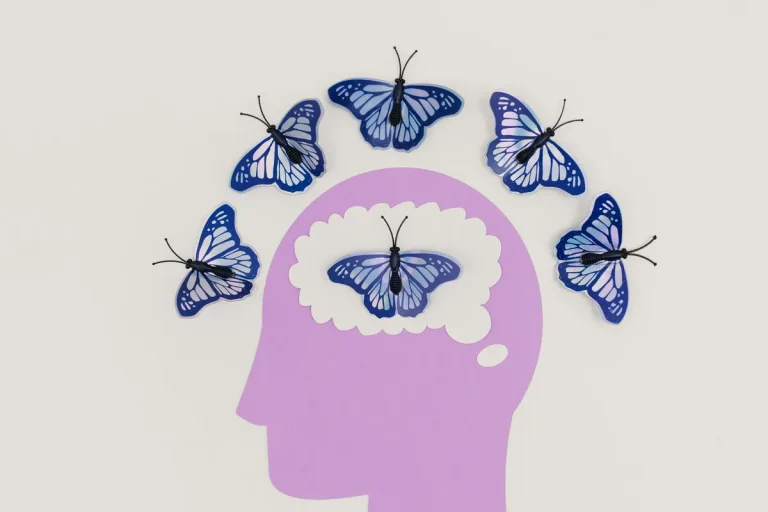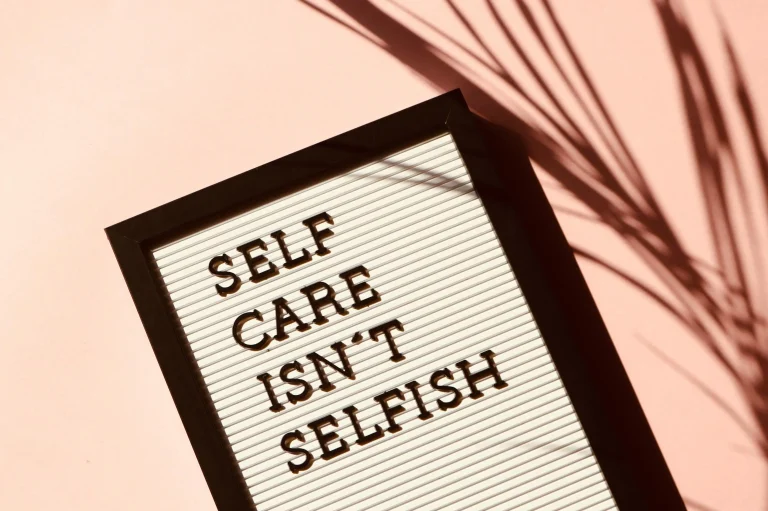Let’s be honest—most of us don’t “go to bed.” We collapse into it. After a long day of juggling work, family, and the constant ping of notifications, sleep often feels like an afterthought. But here’s the truth: how you end your day matters just as much as how you start it. A night routine isn’t about being perfect it’s about creating space to slow down, breathe, and prepare your body and mind for deep rest.
If you’ve ever found yourself staring at the ceiling at 2AM, replaying conversations or mentally rewriting your to-do list, this one’s for you. Here’s how to build a night routine that actually helps you sleep without turning it into another chore.
Start with a Digital Wind-Down
We all know screens mess with sleep, but it’s not just the blue light, it’s the mental stimulation. Scrolling through social media, answering emails, or binge-watching a series keeps your brain in “go mode” when it should be winding down.
Try setting a “digital sunset” about an hour before bed. That means putting your phone away, turning off the TV, and switching to something low-key: reading, journaling, or even just sitting quietly. It’s not about being tech-free forever—it’s about giving your brain a chance to shift gears.
Create a Ritual That Feels Good (Not Forced)
Forget the 12-step skincare routine or the pressure to meditate perfectly. Your night ritual should feel like a gentle exhale, not another box to tick. The key is consistency. When you repeat the same few calming actions each night, your body starts to associate them with sleep.
By signing up, you agree to receive emails from RealFit Wellness. You can unsubscribe anytime. See our Privacy Policy.
Your Weekly Wellness Boost
Maybe it’s washing your face, lighting a candle, and stretching for five minutes. Maybe it’s sipping herbal tea while listening to soft music. Whatever it is, make it yours and make it enjoyable.
Clear Your Mind Before Bed
Ever lie down and suddenly remember everything you forgot to do? Or replay awkward moments from the day? That mental clutter can keep you tossing and turning.
Journaling is a powerful way to clear your head. You don’t need to write a novel just jot down what’s on your mind. Try a “brain dump” list: things you need to do tomorrow, worries you’re carrying, or even a few things you’re grateful for.
Help Your Body Let Go of the Day
Even if your mind feels tired, your body might still be holding tension. Shoulders tight, jaw clenched, legs restless—it’s all part of the stress we carry. Gentle movement or breathwork can help release that tension and signal to your nervous system that it’s safe to relax.
Try a few yoga poses, a short walk, or simple breathwork like box breathing: inhale for 4 counts, hold for 4, exhale for 4, hold for 4. It’s surprisingly effective.
Make Your Bedroom a Sleep-Friendly Space
Your environment matters. A cluttered, noisy, or overly bright bedroom can sabotage even the best night routine. Think of your bedroom as a sanctuary designed for rest, not work or entertainment.
Keep it cool (around 18°C is ideal), use blackout curtains or a sleep mask, and invest in comfortable bedding. Add calming scents like lavender or sandalwood if that helps you relax.
Final Thoughts
A night routine isn’t about perfection it’s about intention. It’s a gentle invitation to slow down, tune in, and prepare for rest. You don’t need to overhaul your entire evening. Start with one ritual. Make it yours. Let it evolve.
Because sleep isn’t just something that happens, it’s something we prepare for. And when we do, everything else, focus, mood, energy gets better.






